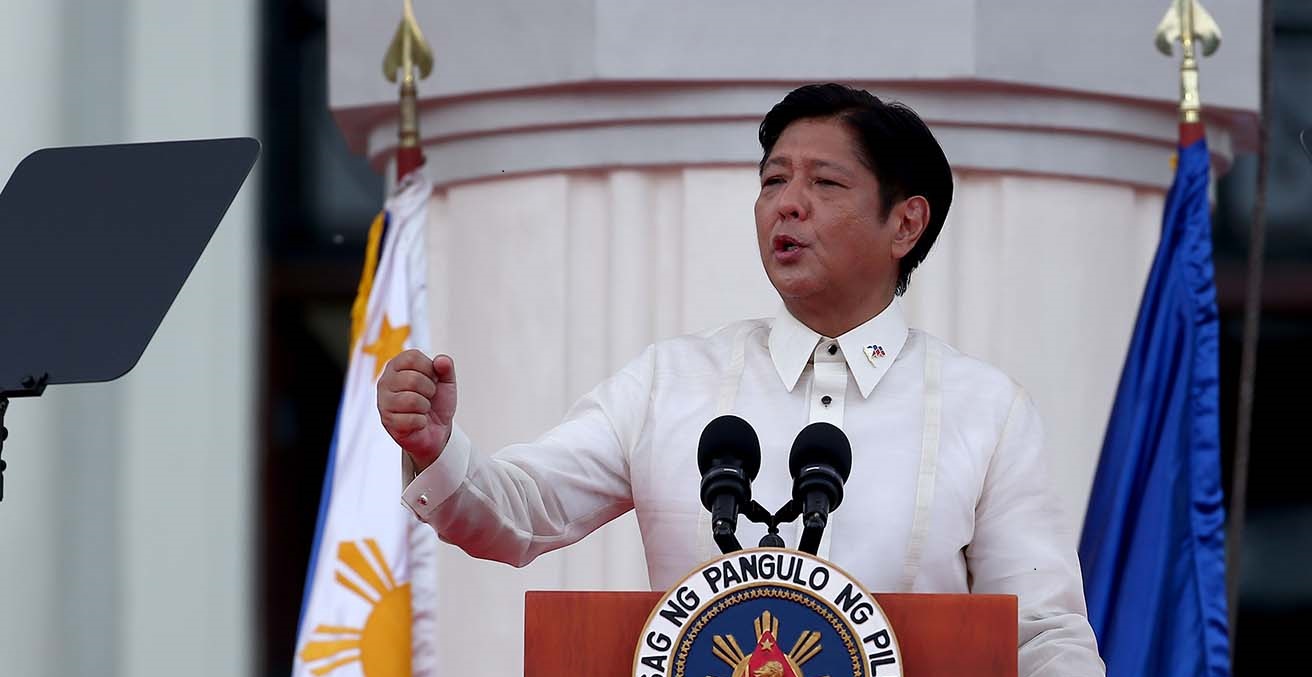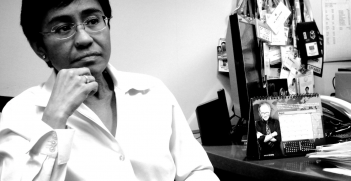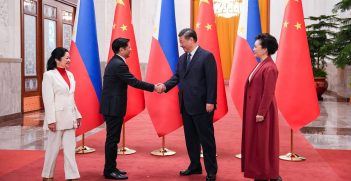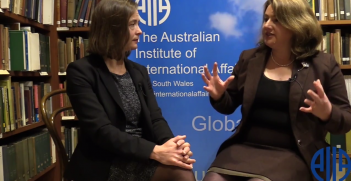The Prospects of Local Governance, Devolution, and Local Autonomy Under Marcos II

The democratisation movement that began in 1986 in the Philippines for greater decentralisation and local autonomy has been losing steam. Under the son of the president that led to the movement, democratisation looks set to weaken further if challenges are not addressed.
A casual observer of Philippine politics is normally drawn to issues related to patronage politics, the return of the Marcoses, human rights, the drug war, and foreign policy. One often overlooked and ongoing process in the country is the movement for greater decentralisation and local government autonomy. Before the 1986 People Power, formal government administration in the country was concentrated in the centre, peaking with the declaration of martial law under President Ferdinand Marcos. Over time, this led to a failure to deliver much needed basic services at the local level and to an overconcentration of development initiatives in the centre, particularly in Metro Manila, and an inability for popular participation in local and national decision-making processes. These conditions prompted the movement for greater local autonomy, decentralisation, and democratisation.
The Current Status and Challenges of Local Governance, Devolution, and Autonomy
Several major laws on local governance provide the foundation for the current central-local relations setup. The 1987 Constitution, created shortly after the 1986 People Power, continues the unitary form of government but strongly emphasises a devolved system to support democratisation. Specific provisions in Article X support more inclusive local governance and development, such as sectoral representation in local legislative councils, the creation of regional development councils, the passage of a new local government code, and the creation of two special autonomous regions in the Cordilleras and Muslim Mindanao. The 1991 Local Government Code (LGC) or Republic Act 7160 operationalised many of the local governance and devolution provisions in the Constitution, and was considered one of the most important and trailblazing laws passed immediately after People Power. More broadly, it marked a break with traditions of formal centralisation, where top-level leaders made decisions that local governments were expected to simply follow.
Based on assessments of over three decades of devolution, decentralisation, despite its lofty goals, the LGC has fallen short in the areas of promoting democratisation, self-sustaining economic development, and social justice among local government units (LGUs). Despite some trailblazing, progressive, and inclusive LGUs, many have failed to live up to their ideals, particularly in health and social services and political participation, which is low due to the monopolisation of power at the local level. Women and minorities continue to be underrepresented in local leadership. These disparities became more prominent with the pandemic, resulting in variations in responses among the LGUs to the challenges caused by COVID-19.
There are already a number of recommendations to deal with these challenges. Resources provided to the LGUs should be commensurate with the services to be devolved and the capacity of the LGU to sufficiently manage the resources and deliver public services. Capacity-building and personnel must be strengthened to make them more ready to assume their mandated responsibilities. Coordination among different levels of government, as well as the use of transparency and accountability mechanisms, must be improved. Substantive representation of various sectors, especially marginalised groups and women, in local government processes must be ensured. There must be amendments made to the LGC, particularly in making more equitable the national tax allocation shares to LGUs on the basis of need instead of population and territorial size. Finally, Congress needs to pass reforms to strengthen party and electoral systems to make local elections and processes more competitive and equal, and the anti-dynasty provision in the Constitution must be operationalised in specific laws.
President Rodrigo Duterte in his first three years in office attempted to change the Constitution and shift from a unitary to a federal system, claiming that federalism was the only way to solve the unrest and underdevelopment in Mindanao, the southern part of the country where several armed secessionist groups originated. However, in 2019 he abandoned the federalism project for a number of reasons, including his economic advisers’ position that a shift would be costly, his Congressional allies’ inability to support the draft federal constitution, the passage of a new autonomous law in Muslim Mindanao that strengthened the regional autonomous government, and the Supreme Court’s Mandanas-Garcia ruling expanding the base of national income where shares of LGUs will be sourced. Duterte’s administration instead focused on incremental changes to the Constitution and other reforms in the LGC that would strengthen LGUs’ capacity to handle their devolved responsibilities and improve development planning and implementation. However, the COVID-19 pandemic changed the priorities of the Duterte administration and these reforms were not pursued.
2022 marked the beginning of the implementation of the Mandanas-Garcia ruling and Executive Order 138. Both called for the full devolution of government functions for LGUs instead of relying on assistance from national government agencies, especially for funding. This has added pressure to LGUs still facing challenges to their capacity, resources, and development prospects caused by the pandemic.
Marcos II and Local Governance, Devolution, and Autonomy
What is the future of local governance and the ongoing process of devolution and autonomy? Unlike his predecessor, Ferdinand “Bongbong” Marcos Jr. did not give a clear plan for local government during the campaign. This was puzzling, given that he served as a provincial governor and ran under a party called Partido Federal ng Pilipinas (Federal Party of the Philippines). However, in a country where political parties are weak, personalities and political clans dominate, and candidates are not required to participate in national debates. Marcos Jr. won by campaigning on very general messages like national unity without going into much detail. In his first State of the Nation Address to Congress in July 2022, he did not discuss devolution, local governments, autonomy in Muslim Mindanao, or charter change.
Without a clear commitment from Marcos Jr. the problems faced by LGUs are likely to remain. In fact, just recently officials from the Department of Budget and Management, the Department of Finance, and the inter-agency Committee on Devolution have called for the national government to extend the timeline of the devolution of some functions because there is a need to fully prepare the LGUs to perform effectively and efficiently. In effect, this will require an amendment of Executive Order 138. The Local Government Development Institute supports this postponement. In another case, a congressman recently cited the misalignment in the national tax allocation-sharing formula and the cost of devolved functions to LGUs as challenges that required first overcoming.
With the president focused on other issues, it is up to advocates of genuine autonomy, civil society, and other stakeholders to continue pushing for this ongoing process – one that is very crucial to overall democratisation and development of the country.
Maria Ela L. Atienza, PhD, is Professor, Department of Political Science, College of Social Sciences and Philosophy, University of the Philippines (UP) Diliman and Co-Convenor, Program on Social and Political Change, UP Center for Integrative and Development Studies. She is also the editor of the Philippine Political Science Journal. Her research interests and publications cover local governance and devolution, health politics and policy, and human security. E-mail: mlatienza@up.edu.ph
This article is published under a Creative Commons Licence and may be republished with attribution.





